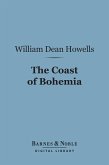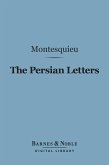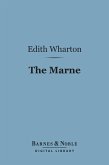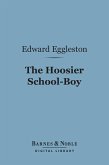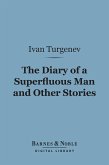About his first published novel, a colorful tale of ancient Rome, Wilkie Collins wrote: To the fictitious characters alone is committed the task of representing the spirit of the age...from the period of the march of the Gothic invaders over the Alps to the close of the first barbarian blockade of Rome. This is the story of a young woman named Antonia, who was unfortunate enough to live in Rome during Gothic terror.
Dieser Download kann aus rechtlichen Gründen nur mit Rechnungsadresse in A, D ausgeliefert werden.



